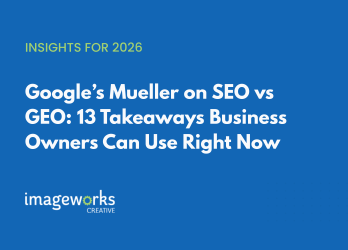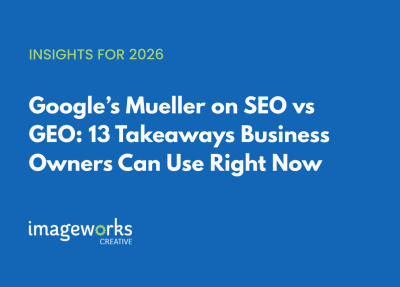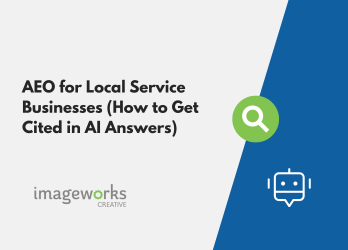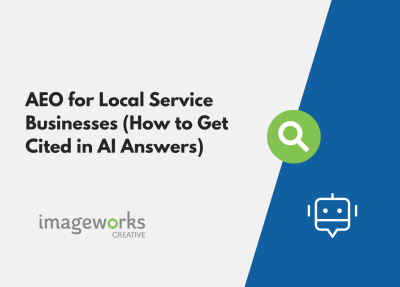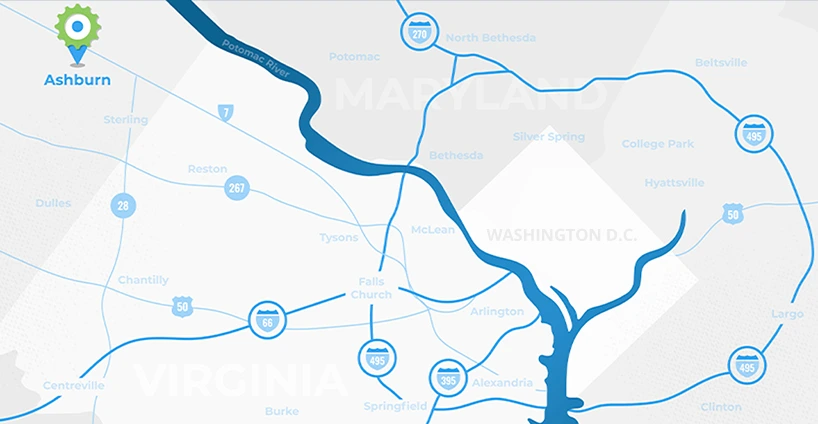OpenAI’s New Atlas Browser Puts ChatGPT In Your Sidebar
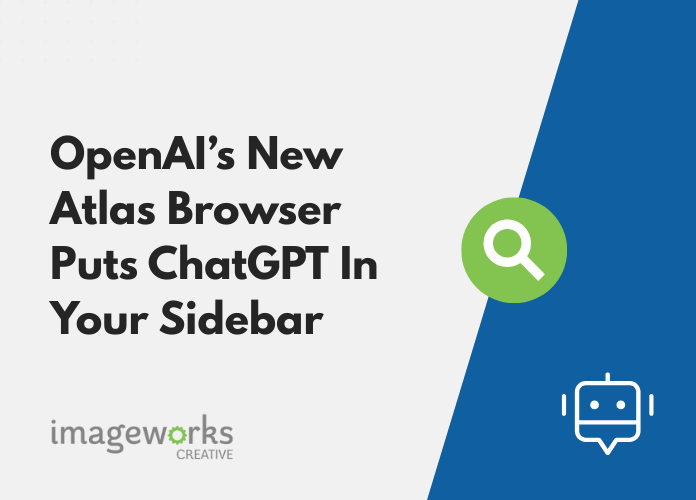
What if the web helped you as you read it? OpenAI just launched Atlas, a web browser with ChatGPT built into a persistent sidebar. Ask questions, rewrite emails, and get real-time help with tasks without leaving the page. Search brings a hybrid view, an AI answer on top, then tabs for Web, Images, Videos, and News. Atlas learns from your activity to personalize results over time. This matters for users who want speed, and for marketers who want visibility in AI answers. openAI, chatGPT, Atlas browser
For product details and availability, see OpenAI’s announcement, Introducing ChatGPT Atlas.
What is the Atlas browser and how ChatGPT works inside it
ChatGPT sidebar: ask, rewrite, and get help in any tab
The sidebar sits next to whatever page you are viewing. Ask a question, rewrite an email, polish a document, fill a form, draft code, or get shopping tips without switching tabs. It reads context on the page, then offers focused, real-time help.
Personalized browsing that learns from your activity
Atlas adapts to your habits and topics. It surfaces quicker shortcuts, recalls recent pages, and suggests related sources you might need next. Over time, it reduces repeat typing and helps you jump back to ongoing work faster.
Search in Atlas: AI answer plus Web, Images, Videos, News
Type a query, get a ChatGPT-style summary first, then classic tabs sit below it. You see a quick answer with sources you can cite, plus links to explore. This cuts tab hopping and makes research feel faster and more calm.
Everyday wins for users: faster answers, fewer clicks
Summarize pages and draft emails without leaving the site
Open a long article, ask Atlas for key points, then use the same sidebar to draft a short reply based on the summary. Copy, tweak, and send. You stay focused on the page while work moves forward.
Get real-time help with tasks, coding, and shopping
Compare products side by side, check specs on the live web, and ask for pros and cons. Paste a tricky code snippet and get step-by-step hints. When it helps, include cited sources in your notes or share them with teammates.
What Atlas means for marketers and SEO right now
Three shifts stand out. First, fewer clicks and more in-app answers may reduce external visits. Second, live web crawling can surface real-time citations and credit. Third, clear structure and authority will guide what gets quoted. Treat SEO and UX as one plan. openAI, chatGPT, Atlas browser
For industry context, see AP’s coverage, OpenAI launches Atlas web browser, and CNN’s overview, The battle for the future of the internet is underway.
Fewer clicks, more in-app answers: adapt your strategy
Expect longer in-browser sessions and dips in referral traffic. Track brand mentions inside AI answers, time on page, saves, and shares. Build measurement beyond clicks and pageviews so you see influence, not just visits.
Optimize for AI quoting: clarity, structure, authority
Use clear headings, schema markup, concise intros, lists, and compact tables. Add strong bios and cite sources. Write tight summaries in plain language so Atlas can quote you cleanly, without losing meaning or context.
Use real-time citations: earn, track, and learn
Update core pages often, publish original data, and add direct-answer FAQs. Monitor when Atlas cites your work and which formats appear. Double down on content types that keep earning mentions across topics.
Action checklist: make SEO and UX the same plan
Prioritize readable typography, fast load, and accessible design. Break content into scannable sections with snippet-ready summaries. Use clean internal links, clear titles, and accurate metadata. Match search intent to content layout for easy AI extraction.
Conclusion
Atlas brings ChatGPT into browsing and search, which speeds up work and changes how content gets discovered. Try it, then review your content for clarity, structure, and authority. If you publish, optimize for quotes and citations.





